
Make His Will Your Own
We must learn to subjugate our good intentions to Hashem’s Will. The Four Parshiyot (Zachor, Shekalim, HaChodesh, and HaGadol) demonstrate that the Torah must be our guide, not the path that seems proper to us.

The Shattered Tablets
On Shemini Atzeret, we complete the yearly Torah reading cycle. The Torah ends with the words:
“And by all the strong hand and awesome power that Moshe performed before the eyes of all Israel” (Devarim 34:12).
Rashi comments that Moshe (Moses) took it upon himself to shatter the Tablets, upon which were written the Ten Commandments, before the eyes of all Israel (as related in Devarim 9:17); and God agreed.
After forgiving the Jews for the Sin of the Golden Calf, Hashem told Moshe to carve two stone Tablets, replicas of the first Tables, “Asher shibarta – that you shattered” (Shemot 34:1). Rashi explains that these words are really praise: “yasher kochacha sheshibarta – more power to you that you shattered them” (Rashi is based on Shabbat 87a).
More than just a source for the famous Yiddish expression, “yasher koach – more power to you,” or sh’koyach, this is the last of Moshe’s deeds that is recorded in the Torah, the pinnacle of his life’s achievements. Were shattering the Tablets more important than receiving them on Mount Sinai?
In Shiur L’Yom HaShabbat, Rabbi Mordechai Miller answers this question through looking at the mitzvah: “You shall love Hashem, your God, with all your heart, with all your soul, and with all your might” (Devarim 6:5).
The Sages explain that when the Torah writes, “Bechal levavcha – with all your heart” (Ibid.), it means that we must love God with all our urges, the yetzer hatov and the yetzer hara, both the Good and the Evil Inclinations (bechal levavcha literally means with all your hearts).
Avodat Hashem, Divine service, is not just subjugating our negative character traits – jealousy, lust and arrogance – to Hashem’s Will, but it also includes serving Hashem with our yetzer hatov, our good inclination.
No King
In the Book of Shoftim it is written (17:6): “In those days there was no king in Israel; every man did what was right in his eyes.” This means that each person did what was right according to his personal reasoning and judgment. Although the goal was to do the “right” thing, as the verse indicates, the Tanach paints a poor picture of this aspiration, as we see in the preceding verse: “Now the man Micah had a house of idolatry. And he made an ephod and teraphim, and initiated one of his sons, who became his priest” (Ibid. 5).
This was because “there was no king in Israel.” The Ibn Ezra (Devarim 33:5) explains, in the name of Rabbi Yehudah HaLevi, that the expression, “king” hints at the Torah, which did not rule at that time. There was a direct conflict between what they saw as right and what the Torah represents. Although their intentions to do the right thing were sincere, because they didn’t consult the Torah, they sinned.
“Keep and hearken to all these words that I command you, that it may benefit you and your children after you, forever, when you do what is good and right in the eyes of Hashem, your God” (Ibid. 12:28). We must do what is right in Hashem’s eyes, and not what is right in our eyes. The Torah must be our guide, not the path that seems proper to us.
We must learn to subjugate our good intentions to Hashem’s Will.
Wise, Strong, and Rich – Four Parshiyot
“Thus says Hashem: Let not the wise man boast of his wisdom, nor the strong man boast of his strength, nor the rich man boast of his riches. But let him that boasts exult in this, that he understands and knows Me” (Yirmiyahu 9:22-23).
The Sfat Emet explains that the prophet is telling us to nullify human value before the ultimate value of knowledge of Hashem: “Understand and know Me.” Wisdom, strength, and riches are given to us to use for this higher ideal. This is only possible once we have disengaged from them as ends in themselves.
The Sfat Emet delineates a fascinating correspondence between the Four Parshiyot that we read before Pesach and Yirmiyahu’s (Jeremiah) prophecy, which provides insight into how we can use these gifts properly to serve Hashem.
Parshat HaChodesh
The culmination of the Four Parshiyot is Parshat HaChodesh, which discusses the mitzvah of sanctifying the new moon to determine the appointed times for Festivals. It symbolizes renewal, the ability of the Jewish People to rise up from oblivion and restore itself to its past greatness. This power of renewal is only possible through nullifying the egotistical aspects of wisdom, strength, and wealth. The mitzvah of reading the other three Parshiyot conveys to us the means of nullifying them.
Parshat Shekalim
Parshat Shekalim deals with the census taken in the wilderness, as described in Shemot 30:11-16. The people are to donate a half-shekel (a silver coin) as a tax to provide for the maintenance of the Tent of Meeting and its service, and the coins are counted instead of the people.
There are many lessons to be learned from this passage. The fact that both rich and poor contribute the same amount reminds us that both rich and poor are equally valued in the eyes of the Divine. The fact that we count coins instead of people reminds us that people are not to be thought of as mere numbers on a ledger. The fact that the census contributions are used to maintain the Tent of Meeting reminds us of the importance of contributing to the upkeep of a place of sanctity.
Thus, Parshat Shekalim represents subjugation of our wealth to a higher ideal.
Parshat Zachor
Parshat Zachor is the mitzvah to remember Amalek and his descendants and to orally recall their iniquity. We are to tell our children in each generation about the treachery Amalek did to us during our departure from Egypt.
In the narration of the war with Amalek we read: “It came to pass that when Moshe would raise his hands, Israel would prevail, and when he would lay down his hands, Amalek would prevail” (Shemot 17:11).
Rashi comments (ad. loc.): “Did Moshe’s hands then make them victorious in battle, etc.? Rather this is to tell you that when the Israelites looked up and subjugated their hearts to their Father in Heaven, they would prevail, and if not, they would fall, as is found in Rosh Hashanah (29a).”
The victory over Amalek came when we subjugated our hearts to Heaven. This teaches us that the true meaning of strength and might is to subjugate our urges, as the Mishnah taught: “Who is strong? One who overpowers his urges, as is stated (Mishlei 16:32), ‘Better one who is slow to anger than one with might, one who rules his spirit than the captor of a city’” (Avot 4:1).
Parshat Parah
The final lesson is derived from Parshat Parah, which speaks of the quintessential statue of the Torah, the Red Heifer. This is an example of a Law of the Torah which is considered completely above human comprehension. The paradox is that those who are involved in the preparation of the ashes of the cow become ritually impure, while the sprinkling of water with those ashes is used to remove impurity! It is an example of a Law which must be accepted on faith alone, the apex of nullifying our human wisdom before the Divine ordinance.
Seed of a New Beginning
Similarly, according to many commentaries, Avraham (Abraham) was being tested in the Binding of Yitzchak (Isaac) to see if he would be willing to sacrifice his entire life’s work – all the teachings he had propagated in the world about the Creator’s loving kindness – in total submission to Hashem’s command.
The peak of eighty years of Moshe’s avodat Hashem, a painstaking climb to the heights of prophecy achieved in the solitude of the wilderness, was the Revelation at Mount Sinai. There he merited bringing Hashem’s word to His people, inscribed on the Tablets of Stone. Despite all this, he took it upon himself to break the Tablets before their eyes. The zenith of a lifetime of spiritual labor lay shattered at his feet!
However, Moshe was willing to give it all up when he approached the encampment and saw that the people did not deserve the Tablets. He nullified all his spiritual desires and good intentions and shattered the Tablets. In this way, Moshe fulfilled the mitzvah of loving God to the highest degree; he completely subjugated his yetzer hatov to the love of God.
“And there was no other prophet who arose in Israel like Moshe” (Devarim 34:10). Moshe’s greatness was reflected in his willingness to sacrifice his entire life’s work by shattering the Tablets. Therefore, Hashem said to him: “Yasher kochacha sheshibarta – more power to you that you shattered them” (Shabbat 87a).
This complete sublimation is the key to renewal, as the Sfat Emet taught from Parshat HaChodesh. As a direct result of the shock of seeing the shattered Tablets, the Children of Israel repented and earned the Second Tablets, a second chance, given to them on Yom Kippur, the Day of Atonement.
It is no wonder that the Torah concludes with a reference to Moshe’s sublime sacrifice. The meaning underlying the shattered Tablets constitutes the seed of renewal as we look forward to a fresh new start with Parshat Bereishit.
***
Rabbi Mordechai Miller’s Shiur L’Yom HaShabbat is cited in Lekach Tov, compiled and edited by Rav Yaakov Yisrael Beifus.


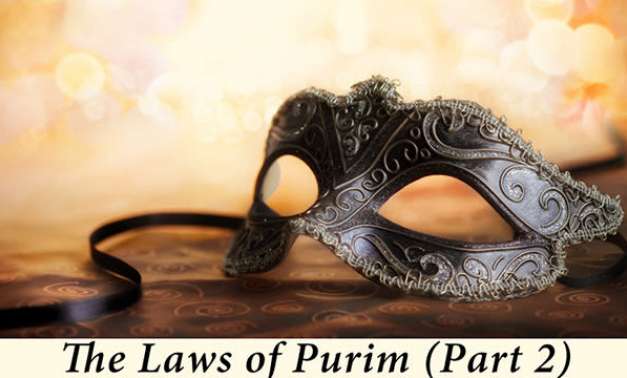

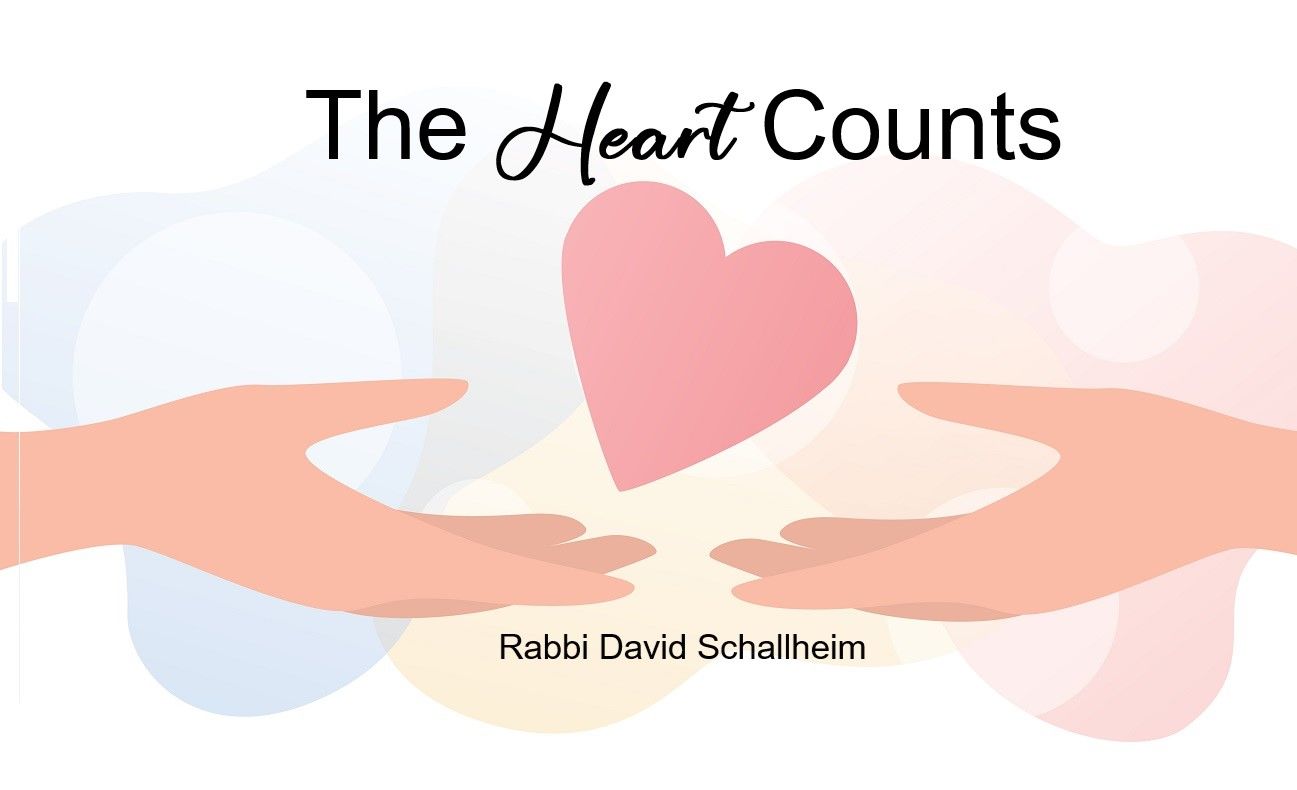
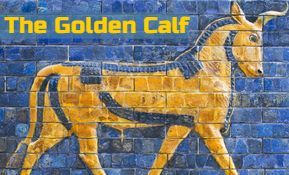
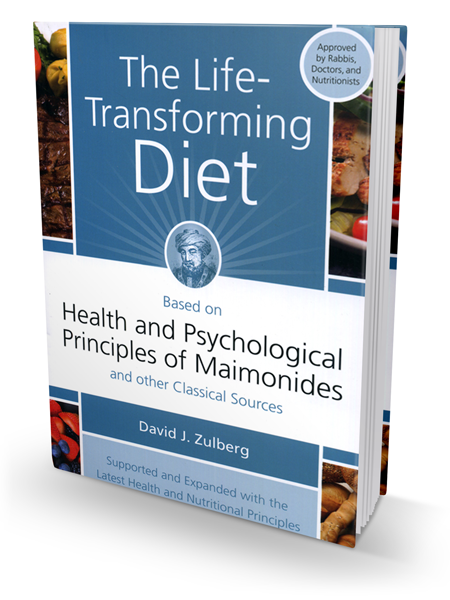
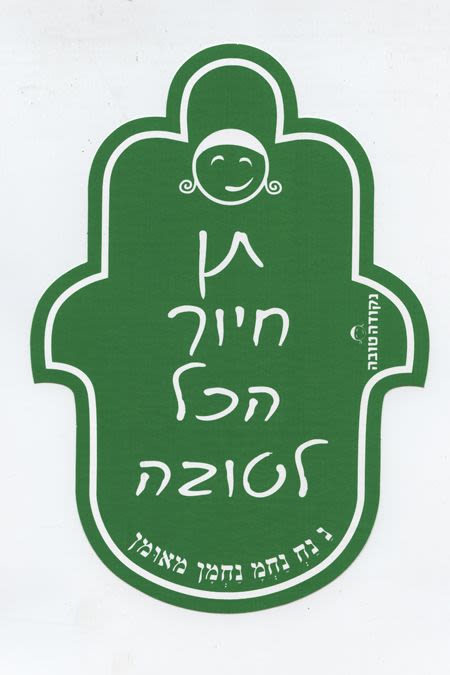
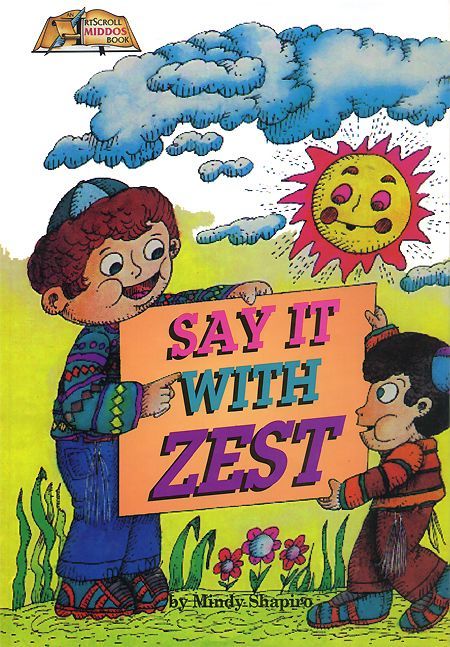

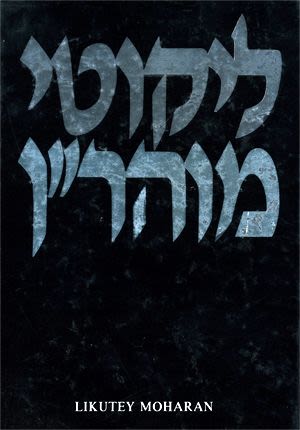

Tell us what you think!
Thank you for your comment!
It will be published after approval by the Editor.